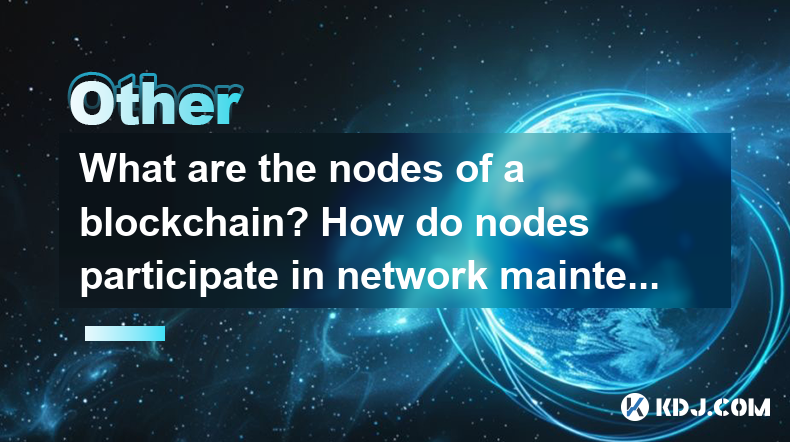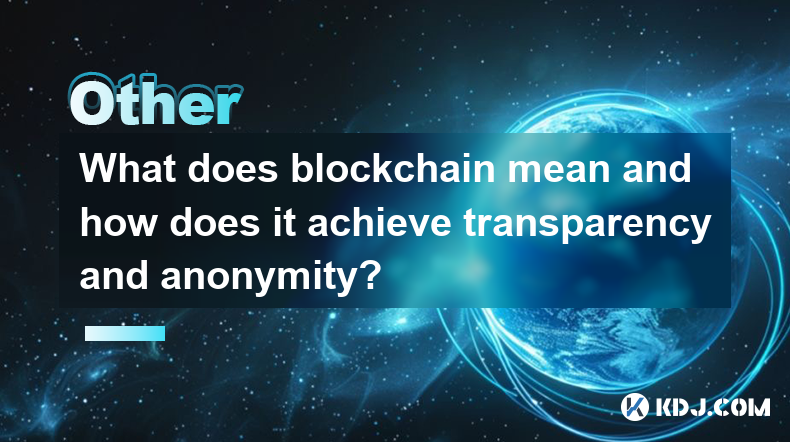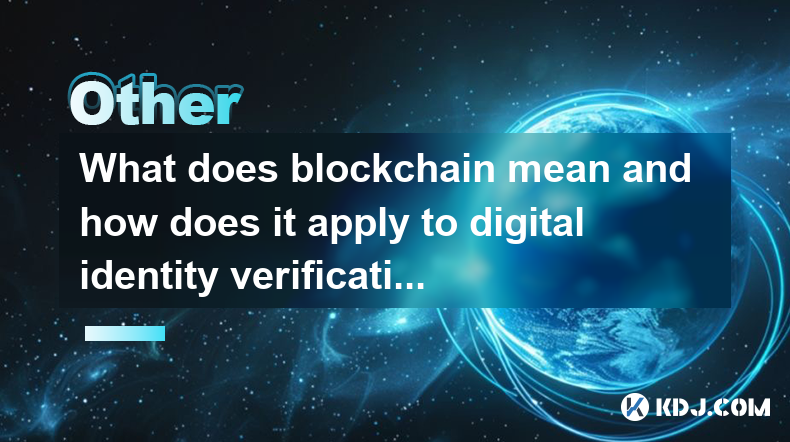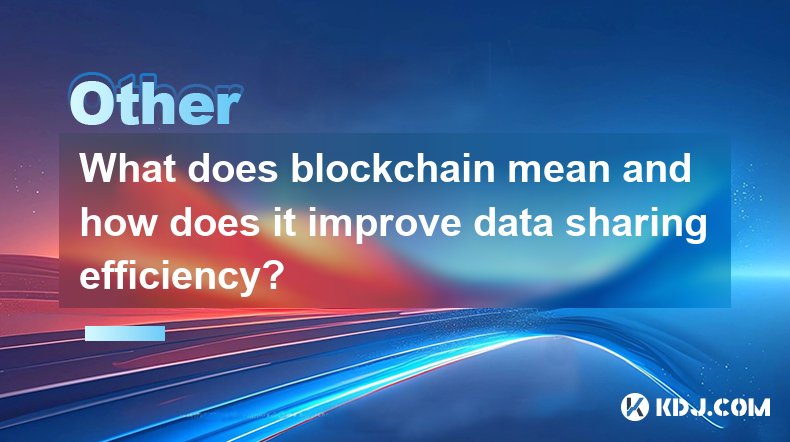-
 Bitcoin
Bitcoin $83,301.7640
-2.11% -
 Ethereum
Ethereum $1,799.9842
-4.25% -
 Tether USDt
Tether USDt $0.9999
0.00% -
 XRP
XRP $2.0278
-4.59% -
 BNB
BNB $596.2228
-1.03% -
 USDC
USDC $1.0001
0.01% -
 Solana
Solana $116.8645
-7.35% -
 Dogecoin
Dogecoin $0.1617
-6.43% -
 Cardano
Cardano $0.6450
-5.42% -
 TRON
TRON $0.2321
-2.68% -
 Toncoin
Toncoin $3.6664
-9.62% -
 UNUS SED LEO
UNUS SED LEO $9.4145
0.16% -
 Chainlink
Chainlink $12.8328
-5.91% -
 Stellar
Stellar $0.2589
-3.37% -
 Avalanche
Avalanche $18.1600
-6.54% -
 Sui
Sui $2.2723
-8.51% -
 Shiba Inu
Shiba Inu $0.0...01214
-1.89% -
 Hedera
Hedera $0.1611
-4.12% -
 Litecoin
Litecoin $82.9489
0.17% -
 Polkadot
Polkadot $3.9725
-3.23% -
 MANTRA
MANTRA $6.2949
0.51% -
 Bitcoin Cash
Bitcoin Cash $302.6917
-1.17% -
 Bitget Token
Bitget Token $4.5396
-1.25% -
 Dai
Dai $1.0000
0.00% -
 Ethena USDe
Ethena USDe $0.9998
-0.01% -
 Pi
Pi $0.6249
-7.33% -
 Monero
Monero $213.0395
-1.33% -
 Hyperliquid
Hyperliquid $11.5526
-14.44% -
 Uniswap
Uniswap $5.9462
-2.98% -
 Aptos
Aptos $5.2007
-2.20%
What are the nodes of a blockchain? How do nodes participate in network maintenance?
Nodes are crucial for blockchain security, verifying transactions and maintaining network integrity; full nodes store the entire ledger, while lightweight nodes use less resources.
Apr 02, 2025 at 01:00 am

Understanding Blockchain Nodes and Their Role in Network Maintenance
A blockchain is a distributed, decentralized ledger maintained by a network of computers called nodes. These nodes are crucial for the security and functionality of the entire blockchain system. Each node independently verifies and records transactions, ensuring transparency and preventing fraudulent activity. The absence of a central authority is a defining characteristic of blockchain technology, and the nodes are the backbone of this decentralization. They are the fundamental building blocks of the network.
What exactly is a node? Simply put, it's a computer running software that allows it to participate in the blockchain network. This software interacts with other nodes to download, validate, and propagate transactions. The more nodes a blockchain has, the more robust and secure it becomes. A large network of nodes makes it incredibly difficult for any single entity to manipulate the blockchain.
Types of Blockchain Nodes
There are several types of nodes, each with a different level of participation and responsibility:
Full Nodes: These are the most resource-intensive nodes. They download and maintain a complete copy of the blockchain's history. They independently verify every transaction and block, ensuring data integrity. They are essential for network security and play a critical role in consensus mechanisms.
Lightweight Nodes (SPV Nodes): These nodes don't download the entire blockchain. Instead, they download only the block headers, verifying transactions indirectly. They are less resource-intensive than full nodes, making them suitable for devices with limited storage and processing power. They rely on full nodes for complete data verification.
Mining Nodes: In proof-of-work blockchains like Bitcoin, mining nodes compete to solve complex cryptographic puzzles to add new blocks to the chain. This process secures the network and rewards miners with newly minted cryptocurrency. The computational power required for mining makes it a specialized type of full node.
Masternodes: Some blockchains utilize masternodes, which are specialized full nodes that provide additional services like voting on network governance proposals or facilitating transactions. Running a masternode often requires a significant investment in cryptocurrency.
How Nodes Participate in Network Maintenance
Nodes participate in network maintenance through various crucial activities:
Transaction Verification: Every node receives and verifies transactions. This involves checking the digital signatures, ensuring sufficient funds, and confirming that the transaction adheres to the blockchain's rules. This independent verification process is what makes the blockchain secure.
Block Creation (Mining): In proof-of-work systems, nodes compete to solve cryptographic problems to create new blocks. Successful miners add the verified transactions to a new block and broadcast it to the network.
Block Propagation: After a block is created, it's propagated across the network. Each node receives and validates the new block, adding it to its copy of the blockchain. This ensures consistency across the entire network.
Consensus Mechanism Participation: Nodes participate in the consensus mechanism (e.g., proof-of-work, proof-of-stake) to agree on the valid state of the blockchain. This ensures that all nodes have the same version of the blockchain.
Network Security: The sheer number of nodes makes it computationally infeasible for any single entity to alter the blockchain's history. This distributed nature of the network enhances its security and resilience.
The Importance of Node Distribution
A geographically diverse distribution of nodes is crucial for the resilience and security of a blockchain network. A concentrated node distribution increases the risk of single points of failure and makes the network more vulnerable to attacks. A healthy blockchain network requires a large number of nodes spread across various locations and network providers.
Running a Node: Technical Requirements and Considerations
Running a full node requires significant technical knowledge and resources. You'll need sufficient storage space to hold the entire blockchain, a powerful computer with a reliable internet connection, and an understanding of the blockchain's software and protocols. Lightweight nodes have less demanding requirements.
Frequently Asked Questions
Q: What are the benefits of running a node?
A: Running a node contributes to the decentralization and security of the blockchain network. It also allows you to independently verify transactions and have complete control over your interaction with the blockchain.
Q: How much does it cost to run a node?
A: The cost depends on the type of node and the blockchain. Full nodes can be expensive due to storage and bandwidth requirements, while lightweight nodes are less resource-intensive. Electricity costs and hardware maintenance should also be considered.
Q: What are the risks of running a node?
A: The risks include hardware failure, data loss, and potential security vulnerabilities. It's important to have robust backups and security measures in place.
Q: Can I run a node on a Raspberry Pi?
A: You might be able to run a lightweight node on a Raspberry Pi, depending on the blockchain and its storage requirements. Running a full node on a Raspberry Pi is generally not feasible due to limited resources.
Q: How do I choose which blockchain to run a node for?
A: Consider factors like the blockchain's technology, community support, and your personal interest in the project. Research different blockchains and their requirements before making a decision.
Q: What is the difference between a node and a miner?
A: All miners are nodes, but not all nodes are miners. Miners are a specific type of node that participates in the consensus mechanism by solving cryptographic puzzles to add new blocks to the blockchain. Other nodes verify transactions and maintain the integrity of the blockchain but don't necessarily participate in block creation.
Disclaimer:info@kdj.com
The information provided is not trading advice. kdj.com does not assume any responsibility for any investments made based on the information provided in this article. Cryptocurrencies are highly volatile and it is highly recommended that you invest with caution after thorough research!
If you believe that the content used on this website infringes your copyright, please contact us immediately (info@kdj.com) and we will delete it promptly.
- Sentient Launches Open-Source Deep Search (ODS), a New Era for Artificial Intelligence
- 2025-04-03 18:45:13
- Qubetics ($TICS), ImmutableX, and Filecoin Are Top 3 Cryptos to Buy in 2025
- 2025-04-03 18:45:13
- Bitcoin Market Momentum Stalled After US President Donald Trump Announced New Tariffs
- 2025-04-03 18:40:12
- Game Development Firm Enish Buys the Dip, Investing ¥100M in Bitcoin
- 2025-04-03 18:40:12
- The Memecoin Market Continues to Draw In Capital from Both Retail and Institutional Investors
- 2025-04-03 18:35:13
- The Erstwhile-Popular Memecoin, $PWEASE, Finds Its Market Cap and Holder Base Sinking
- 2025-04-03 18:35:13
Related knowledge

What are the future development trends of blockchain game development?
Apr 03,2025 at 05:00am
Blockchain technology has revolutionized various industries, and gaming is no exception. As we look to the future, several trends are set to shape the development of blockchain games. These trends not only promise to enhance the gaming experience but also to integrate blockchain technology more seamlessly into the gaming ecosystem. Let's explore these t...

What are the maintenance costs of blockchain system development?
Apr 03,2025 at 06:07pm
The maintenance costs of blockchain system development are multifaceted and depend on various factors. These costs can include technical maintenance, security updates, infrastructure expenses, and personnel costs. Understanding these elements is crucial for anyone planning to develop or maintain a blockchain system. Technical MaintenanceTechnical mainte...

What are the money-making opportunities in the application of blockchain in the medical industry?
Apr 03,2025 at 03:35am
The integration of blockchain technology into the medical industry presents a myriad of money-making opportunities that can revolutionize healthcare systems. Blockchain's inherent characteristics, such as transparency, security, and immutability, make it an ideal solution for various medical applications. By leveraging blockchain, companies can develop ...

What does blockchain mean and how does it achieve transparency and anonymity?
Apr 03,2025 at 11:28am
Blockchain technology is a decentralized, distributed ledger that records transactions across numerous computers. It ensures that once data is recorded, it cannot be altered retroactively without the alteration of all subsequent blocks and the consensus of the network. This technology underpins cryptocurrencies like Bitcoin and Ethereum, providing a sec...

What does blockchain mean and how does it apply to digital identity verification?
Apr 03,2025 at 02:21am
Blockchain technology, at its core, is a decentralized and distributed digital ledger used to record transactions across numerous computers. This ensures that the recorded data cannot be altered retroactively without the alteration of all subsequent blocks and the consensus of the network. The concept of blockchain was initially devised for the digital ...

What does blockchain mean and how does it improve data sharing efficiency?
Apr 03,2025 at 03:15pm
Blockchain is a decentralized and distributed digital ledger technology that records transactions across numerous computers. This technology ensures that once data is recorded, it cannot be altered retroactively without the alteration of all subsequent blocks and the consensus of the network. This characteristic makes blockchain highly secure and transp...

What are the future development trends of blockchain game development?
Apr 03,2025 at 05:00am
Blockchain technology has revolutionized various industries, and gaming is no exception. As we look to the future, several trends are set to shape the development of blockchain games. These trends not only promise to enhance the gaming experience but also to integrate blockchain technology more seamlessly into the gaming ecosystem. Let's explore these t...

What are the maintenance costs of blockchain system development?
Apr 03,2025 at 06:07pm
The maintenance costs of blockchain system development are multifaceted and depend on various factors. These costs can include technical maintenance, security updates, infrastructure expenses, and personnel costs. Understanding these elements is crucial for anyone planning to develop or maintain a blockchain system. Technical MaintenanceTechnical mainte...

What are the money-making opportunities in the application of blockchain in the medical industry?
Apr 03,2025 at 03:35am
The integration of blockchain technology into the medical industry presents a myriad of money-making opportunities that can revolutionize healthcare systems. Blockchain's inherent characteristics, such as transparency, security, and immutability, make it an ideal solution for various medical applications. By leveraging blockchain, companies can develop ...

What does blockchain mean and how does it achieve transparency and anonymity?
Apr 03,2025 at 11:28am
Blockchain technology is a decentralized, distributed ledger that records transactions across numerous computers. It ensures that once data is recorded, it cannot be altered retroactively without the alteration of all subsequent blocks and the consensus of the network. This technology underpins cryptocurrencies like Bitcoin and Ethereum, providing a sec...

What does blockchain mean and how does it apply to digital identity verification?
Apr 03,2025 at 02:21am
Blockchain technology, at its core, is a decentralized and distributed digital ledger used to record transactions across numerous computers. This ensures that the recorded data cannot be altered retroactively without the alteration of all subsequent blocks and the consensus of the network. The concept of blockchain was initially devised for the digital ...

What does blockchain mean and how does it improve data sharing efficiency?
Apr 03,2025 at 03:15pm
Blockchain is a decentralized and distributed digital ledger technology that records transactions across numerous computers. This technology ensures that once data is recorded, it cannot be altered retroactively without the alteration of all subsequent blocks and the consensus of the network. This characteristic makes blockchain highly secure and transp...
See all articles























































































